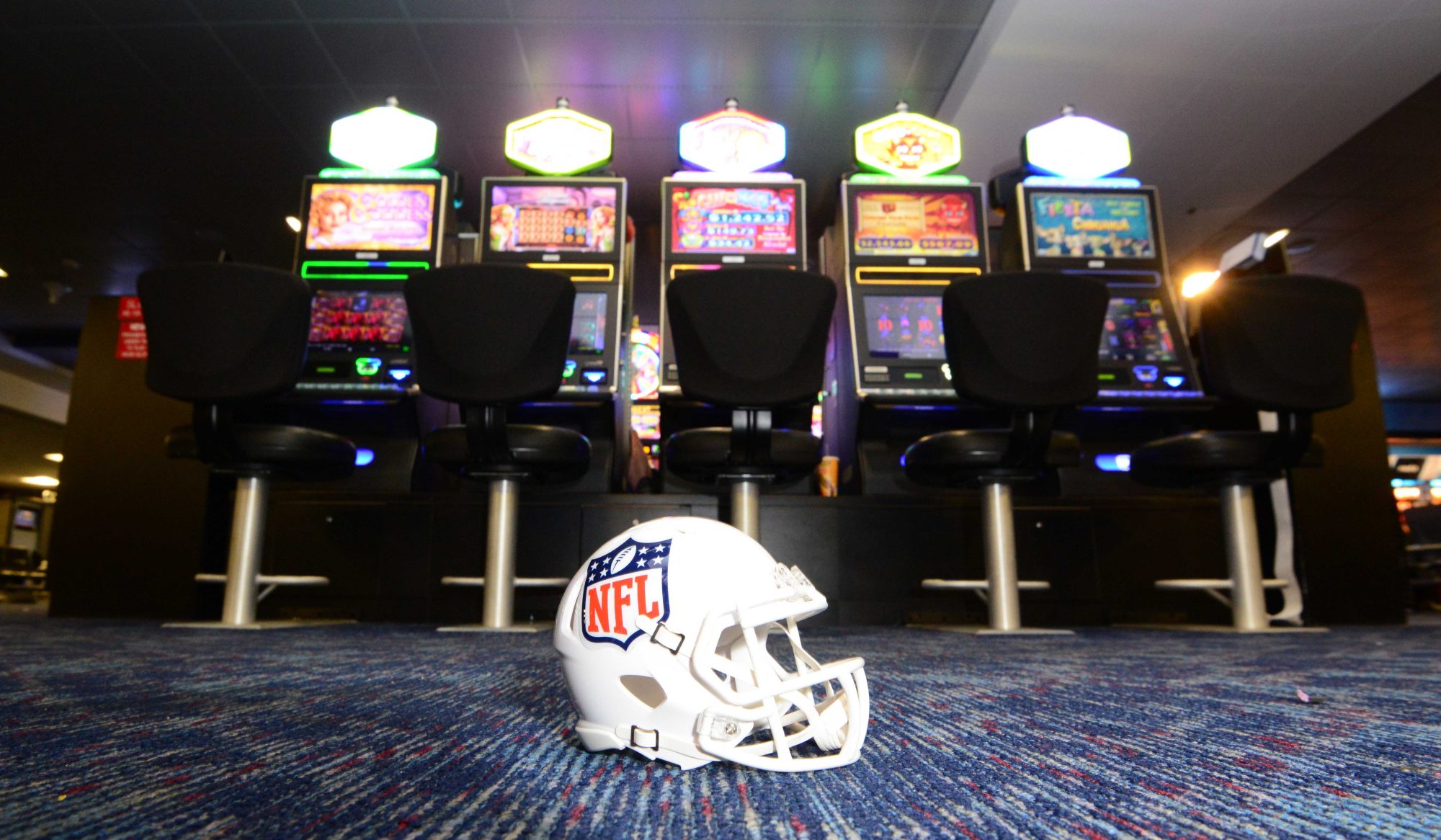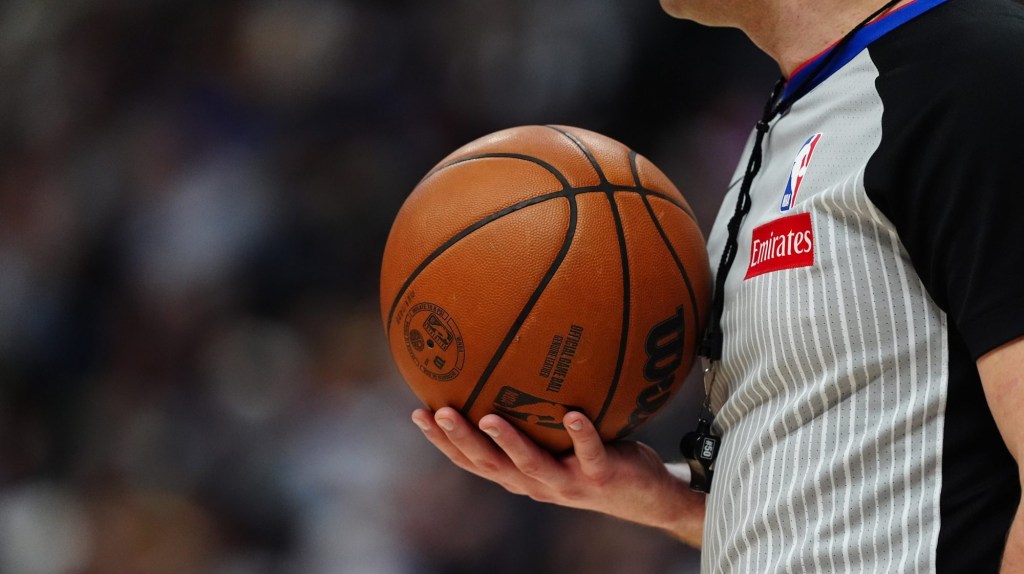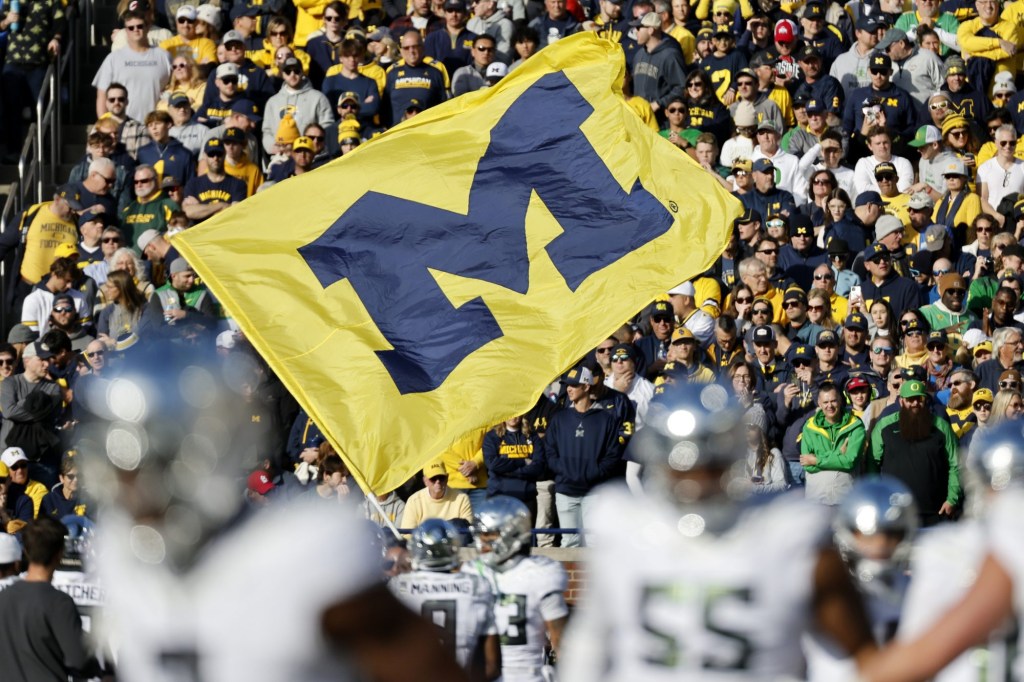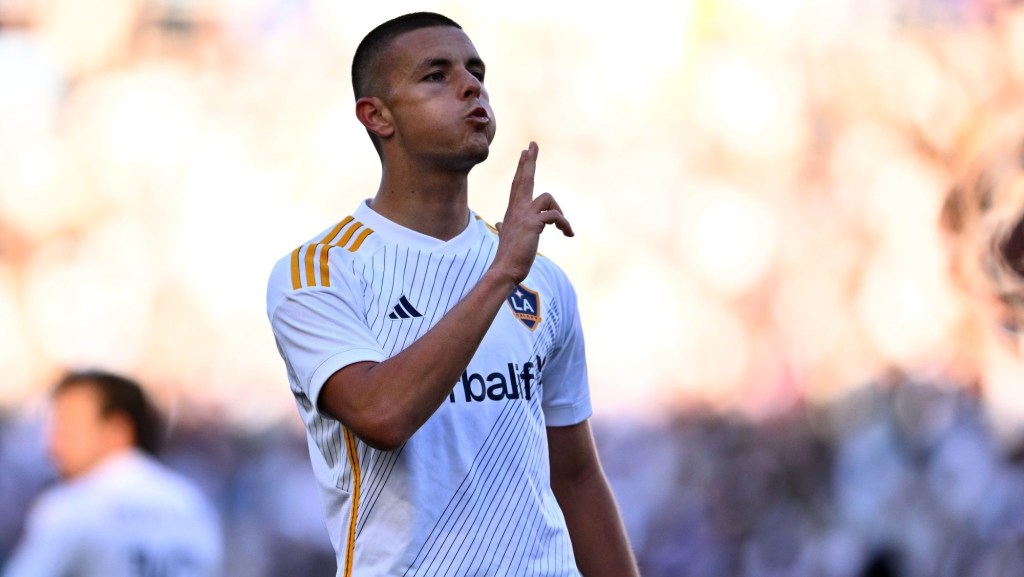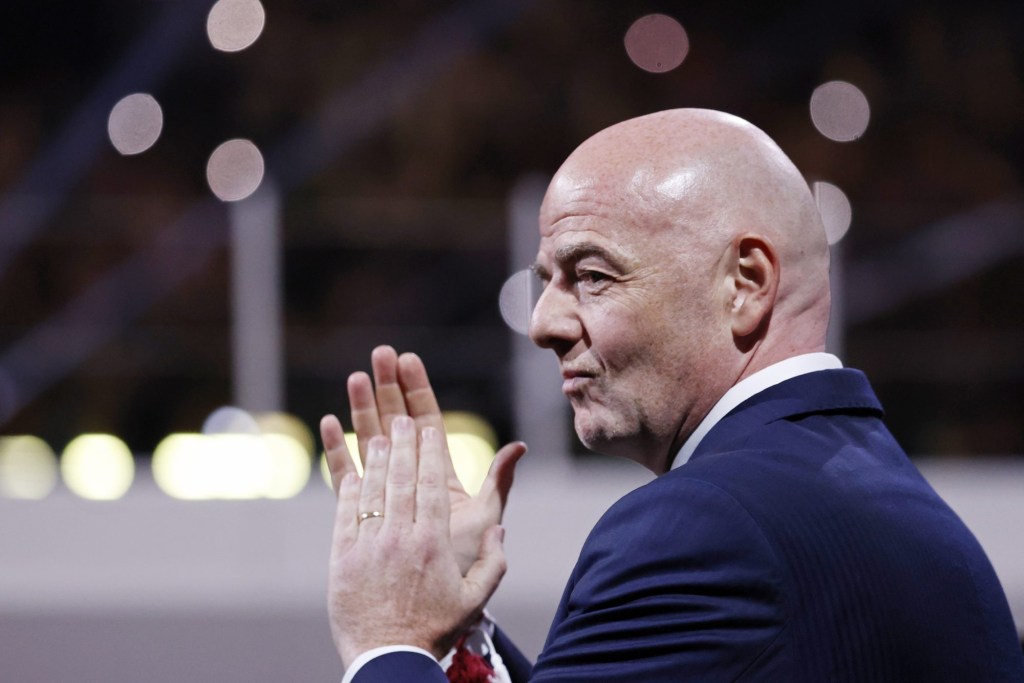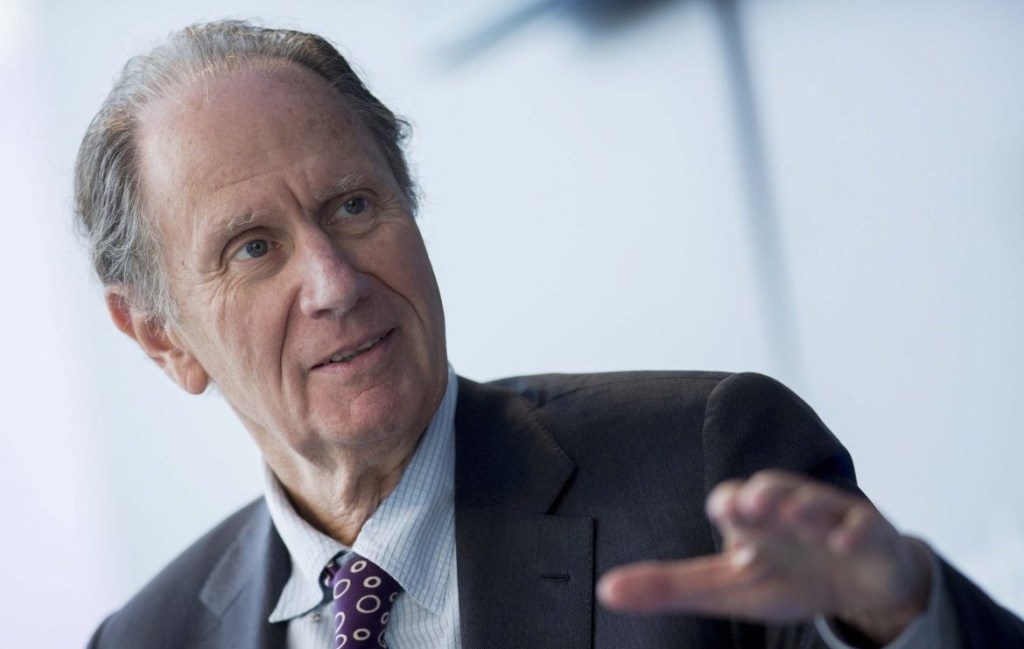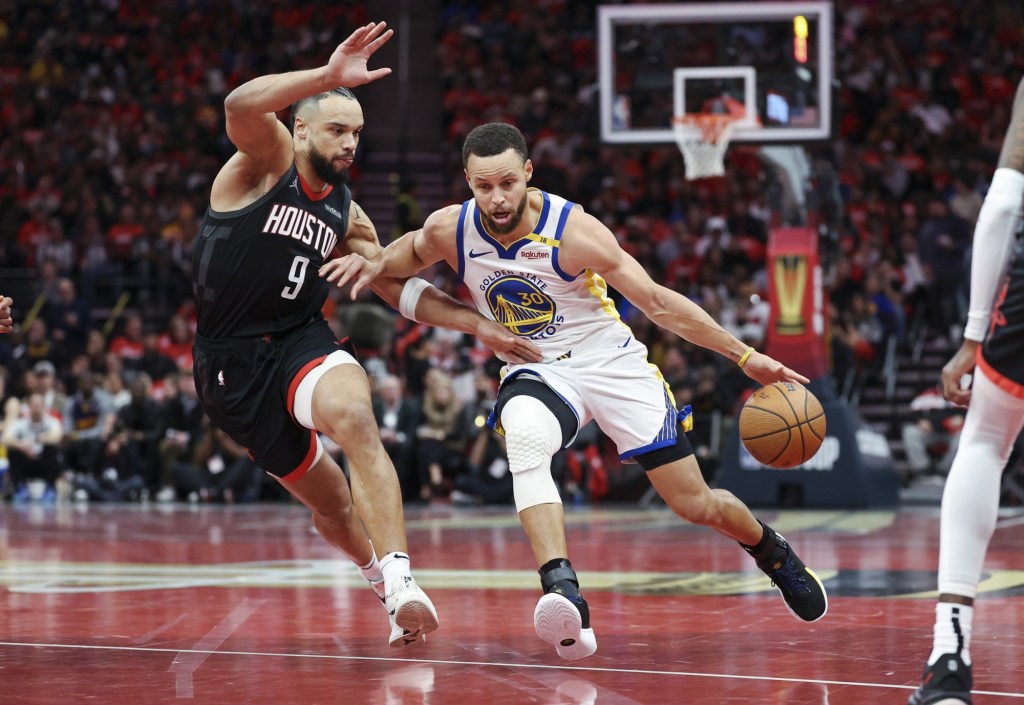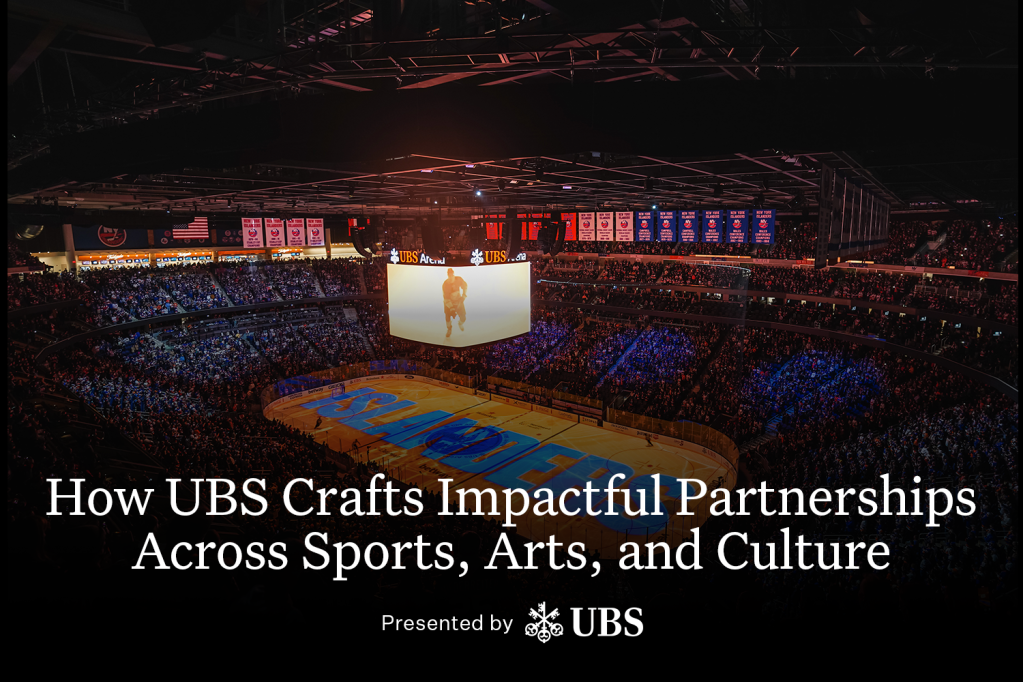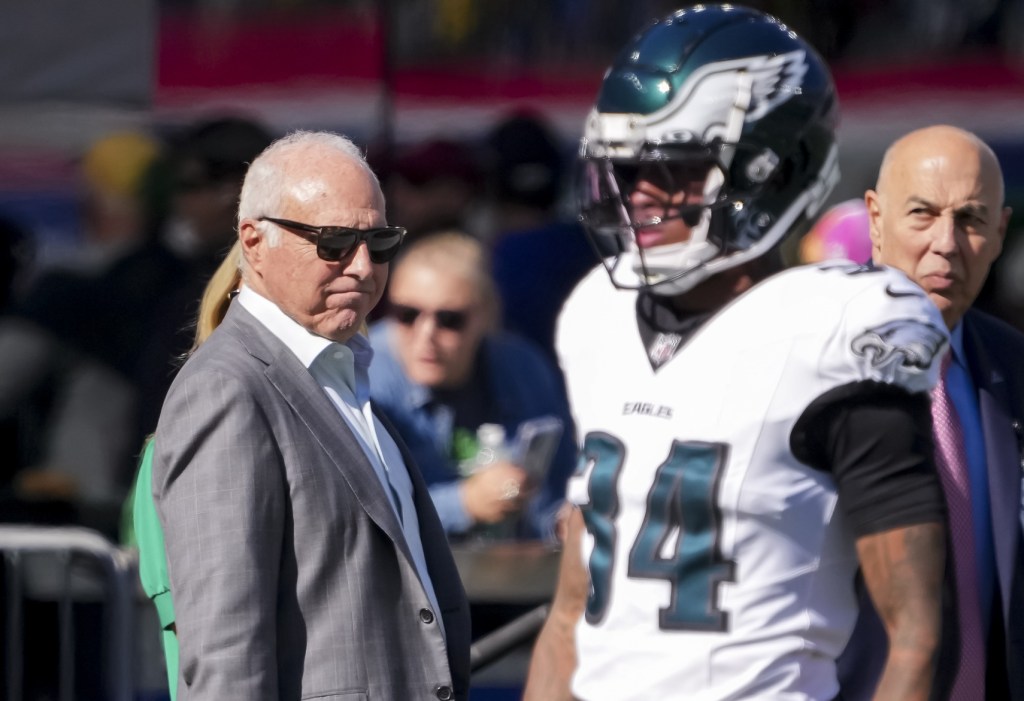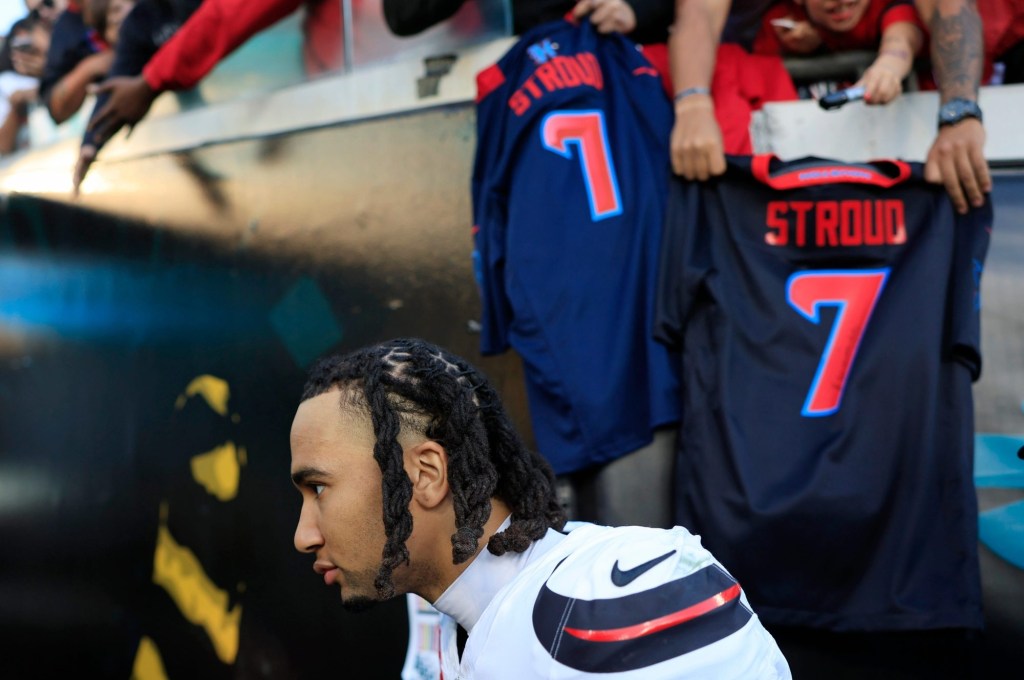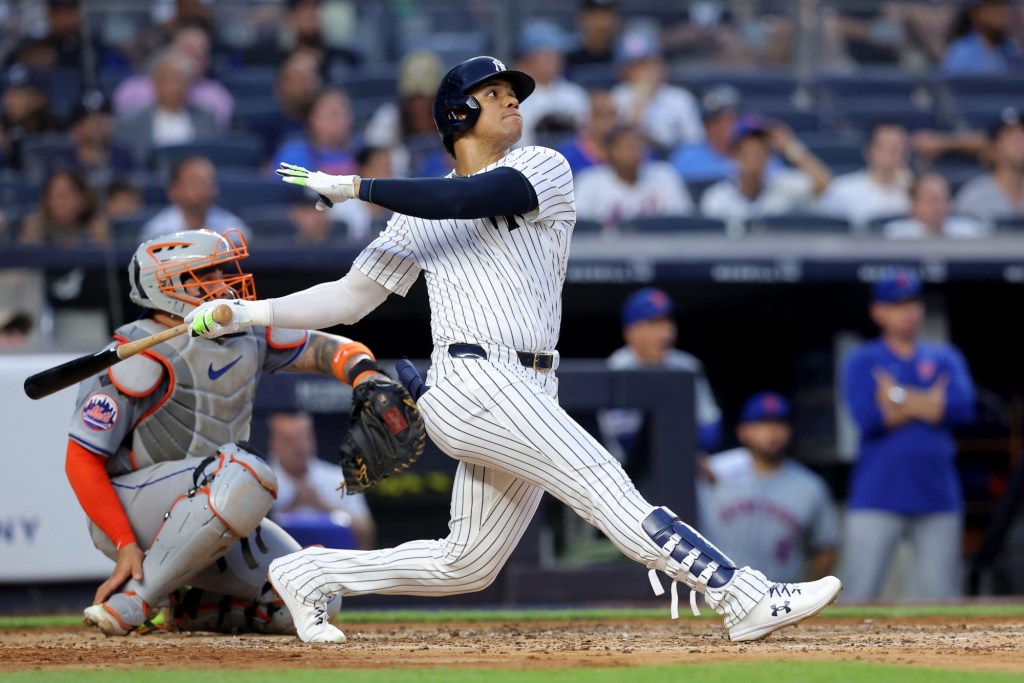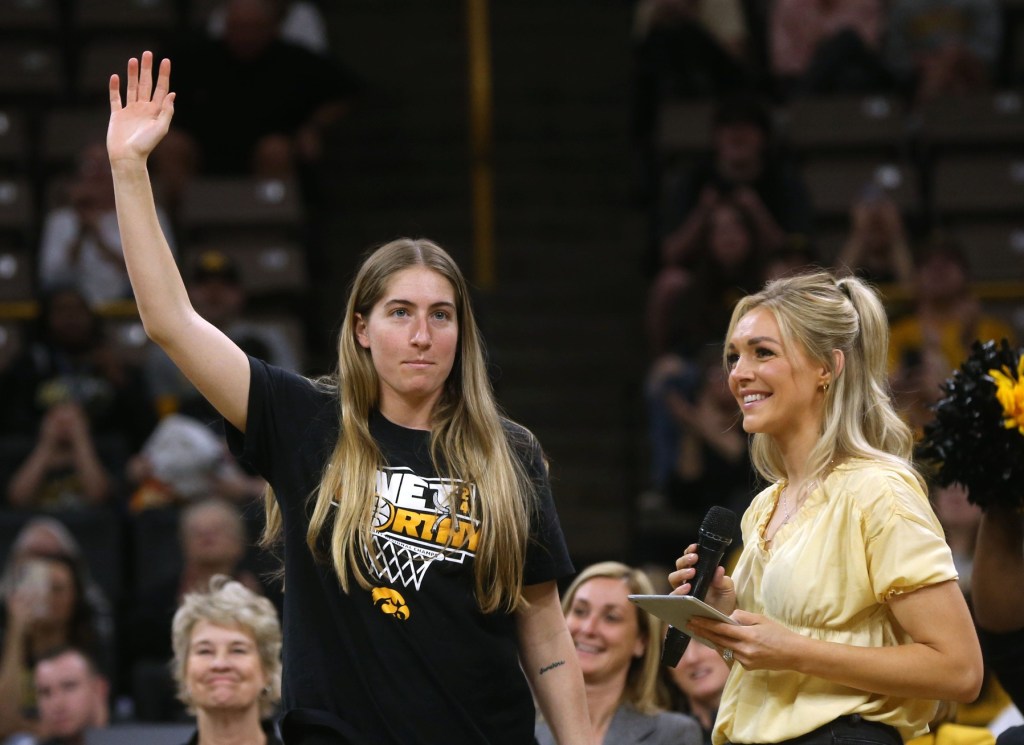Twenty years ago, the NFL’s chilly relationship with Nevada and sports gambling began to thaw at a clandestine meeting with Las Vegas sportsbook officials that involved the NCAA and other sports leagues.
“They were just really curious at how we managed the line, how we came up with the numbers, and what we look for as far as suspicious activity or any type of red flags,” a gambling exec who attended the briefings (which, he says, also included representation from the FBI) tells Front Office Sports. “Our message was this: ‘We’re on the same side as you. We want to protect the integrity of these games; the integrity is our product. We want fair and true games. We don’t want to be taking wagers on something that’s predetermined.’”
This meeting—confirmed by another trusted gambling industry source—predated Roger Goodell’s ascent to NFL commissioner, in 2006. It came well before the U.S. Supreme Court overturned the Professional and Amateur Sports Protection Act (PASPA) in ’18, which legalized state-sanctioned betting nationwide. And, of course, before Las Vegas was selected more than two years ago as the host of Super Bowl LVIII.
Over the past two decades, there has been increased cooperation between the NFL and Nevada’s legalized gaming industry, even as Goodell remained publicly opposed.
- In 2009, Goodell wrote a letter to then Delaware Gov. Jack Markell, saying that expanding the state’s sports lottery would be a “threat to the integrity of our league and contrary to the public good.”
- In 2012, Goodell said that widespread legalized gambling would “fuel speculation, distrust, and accusations of point-shaving or game-fixing.”
- And as recently as 2017—at the same league meeting where NFL owners approved the Raiders’ relocation to Las Vegas—Goodell told reporters that the owners “strongly oppose … legalized sports gambling.”
Goodell, to his credit, hasn’t swayed from the integrity messaging, even if the NFL counts Caesars Entertainment, DraftKings, and FanDuel as official betting partners (plus approved sportsbook deals with other operators). The payouts from those deals are not public knowledge, but one league source tells FOS they amount to roughly $200 annually.
Ultimately, the biggest influence on the NFL’s decades-long change of faith may have been the bottom line. “I was saying back in the 1980s that the NFL would embrace gambling as soon as they got a piece of the action,” says longtime Las Vegas bookmaker Dave Cokin. “Best prediction of my entire career. Their view of anything pertaining to Las Vegas and gambling was absolute bulls—.”
Before PASPA was overturned, that message to players was basically akin to Nancy Reagan’s “Just Say No” to drugs campaign of the 1980s.
“It was pretty much, ‘Don’t do it,’” former NFL kicker and CBS Sports analyst Jay Feely says. “That was pretty much the message we got, but it wasn’t legal anywhere [outside Nevada]. It wasn’t something people thought about.”
Beyond Goodell’s old comments about gambling, the NFL also took a tough stance toward Las Vegas.
- In 2003, the NFL refused to allow the Las Vegas Convention and Visitors Authority to run a tourism ad from its “What Happens Here, Stays Here” campaign. After the NFL thwarted LVCVA’s attempts to run an ad with that wording, the league finally relented four years ago, when it was changed to “What happens here, only happens here.”
- In 2004, the NFL sent letters to Nevada casinos warning them against charging customers for Super Bowl watch parties and forbidding them from using the phrase “Super Bowl” at all in promotions.
- In 2015, Tony Romo’s National Fantasy Football Convention in Las Vegas (where nearly 100 NFL players were set to appear) was scrubbed after the league banned players from participating, since the event was to be held at a casino.
“The perception that people have of Las Vegas now, I think, is more accurate,” says Steve Hill, CEO and president of the Las Vegas Convention and Visitors Authority. “Now, for some, that could be a problem [as the area has become more family- and sports-friendly]. Not for us.”
Goodell said at his press conference Monday that the league has disciplined 13 players and 25 league and team employees for violating the league’s gambling regulations. Most of those players nabbed so far (including Calvin Ridley, the first since the PASPA decision) were caught betting on NFL games. But others, like Lions receiver Jameson Williams, were suspended for betting on non-NFL contests, something that—unlike league and team employees—players are allowed to do with one caveat: Those bets can’t be placed in team facilities.
The NFL has been criticized for a lack of player education now that all but 12 states have some form of legalized gambling—especially when it comes to placing bets from team facilities. The NFLPA has made progress with the league over suspensions as the ban was reduced from six to two games, but union head Lloyd Howell has said the restriction on placing bets at team facilities should be eliminated altogether.
And the means by which the NFL caught those 38 individuals breaking the league’s gambling rules speaks to what was conveyed at that 2004 meeting. While details aren’t available on how the league became aware of all those violations, there are two main sources: gambling operators and state regulators. That has included providing geolocation data to the NFL.
“We work in a regulated and policed environment,” said Jay Kornegay, Westgate Superbook’s longtime VP. “We can help with any investigation. They can come to us and use us as a source of information.”
NFL VP Jeff Miller said that the league is still “blind” to illicit gambling through bookies, but he talked up the national shift toward legalized betting as a way to ensure integrity. And that nonlegal market—from offshore sportsbooks and bookies to people creating their own pools at home or work—is still king. The American Gaming Association estimates that only 11% of Super Bowl bettors will place a wager using a legal U.S. sportsbook, the same percentage as last year.
Miller didn’t join the NFL until four years after that secret meeting, but some of the gambling industry’s talking points then match what he and other NFL execs are saying now.
“Our partners who operate in those states [with legalized sports betting] that come with a regulatory environment allows us insight into what could eventually be problems,” Miller says.
